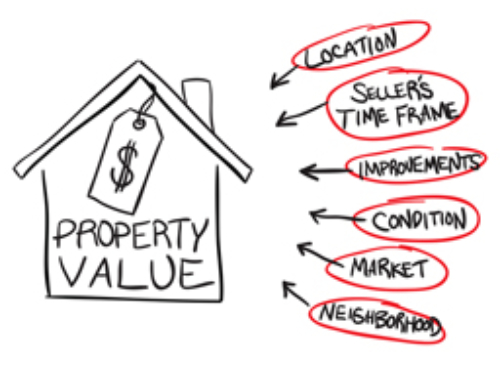If you’re a senior age 62 or older, you’ve probably heard the term “reverse mortgage.” You may even have seen an ad featuring celebrated actor James Garner speaking on behalf of Financial Freedom, a reverse mortgage lender.
Simply, reverse mortgages allow seniors to tap into their home equity and not pay anything back until they either sell the house or are no longer living in it as a full-time resident.
To tap the equity, of course, you must have it to begin with, and that is a major problem these days for seniors living in areas where home values have plummeted in the last three to five years. Reverse mortgages work best when you no longer have a mortgage against the property, although some reverse mortgages can work if you have just a very small mortgage remaining.
Depending on where interest rates are and how old you are, you may be able to borrow up to 70 percent of your equity. You can receive your funds as either a lump sum or a monthly annuity, or you can, in some cases, open up your reverse mortgage as a home equity line of credit and draw down funds as you need them.
All of this sounds great, but reverse mortgages have come under fire recently because of confusing disclosure statements and high fees.
In August, the Federal Reserve Board proposed enhanced consumer protections and disclosures for home mortgage transactions, including reverse mortgages. The latest proposal would:
- Improve the timing, content, and format of the disclosures consumers receive about reverse mortgages
- Impose rules for reverse mortgage advertising so that ads will contain accurate and balanced information
- Prohibit certain unfair practices in the sale of financial products with reverse mortgages, including “conditioning a reverse mortgage on the consumer’s purchase of another financial or insurance product”
- Improve disclosures that explain the borrower’s right to rescind certain mortgage transactions
- Require that consumers receive counseling about reverse mortgages before a creditor can impose nonrefundable fees or close the loan
The biggest problem with reverse mortgages at the moment is that consumers don’t always realize they are taking out a loan, against which interest is charged. Some consumers seem to believe that they are simply taking out a modified, interest-free home equity line of credit that never has to be repaid.
Of course, that’s not true. Not only are reverse mortgages home loans that do indeed have to be repaid at some future point in time, but they are expensive loans at that.
The term “reverse mortgage” refers to the fact that the borrower doesn’t have to repay the mortgage until after moving out of the home, which is the opposite of what typically happens with a regular mortgage.
No matter how long you live, as long as you live in the property against which the reverse mortgage is secured, you won’t have to pay back more than the house is worth. But that means there may not be any equity in the home to leave to your children as an inheritance—which is a problem for some seniors.
Having better disclosures that tell the full story to seniors should help bring an end to misguided notions about what reverse mortgages actually do, and how costly they are.
But what I’d really like is for the Federal Reserve to require that costs and fees be explicitly detailed to seniors well before they commit to the loan, so shopping around for the best reverse mortgage deal will become a lot easier and more understandable.
The comment period for these proposed rules ends ninety days after publication of the proposal in the Federal Register, and then the rules will be formalized. I’ll continue to update the blog as more information becomes available.
 Ilyce R. Glink is the author of several books, including 100 Questions Every First-Time Home Buyer Should Ask and Buy, Close, Move In!. She blogs about money and real estate at ThinkGlink.com and at the Home Equity blog for CBS MoneyWatch.
Ilyce R. Glink is the author of several books, including 100 Questions Every First-Time Home Buyer Should Ask and Buy, Close, Move In!. She blogs about money and real estate at ThinkGlink.com and at the Home Equity blog for CBS MoneyWatch.
READ MORE:
Want to Buy a New House? Beware Developers Hawking Empty Subdivisions
Is It Worth It to Appeal Your Property Taxes?
Should I Refinance Now?
Renting vs. Owning Property: How to Make the Call?








[…] you want to reduce your expenses now that your mortgage is done, consider options like renting out extra bedrooms or parking spaces and reassessing your homeowners insurance needs. Paying off your […]